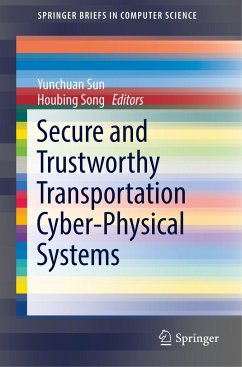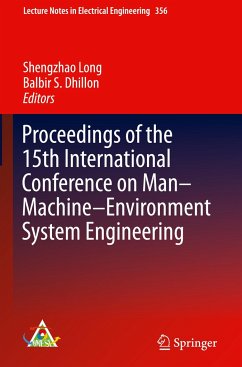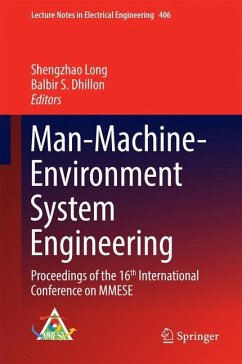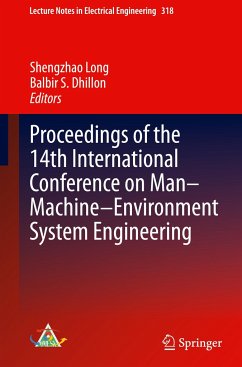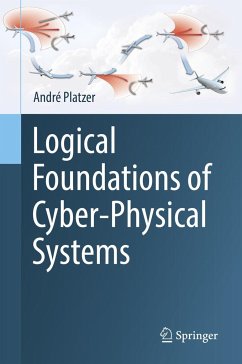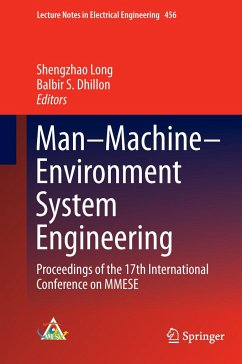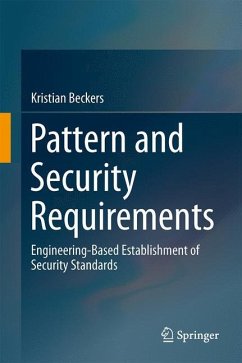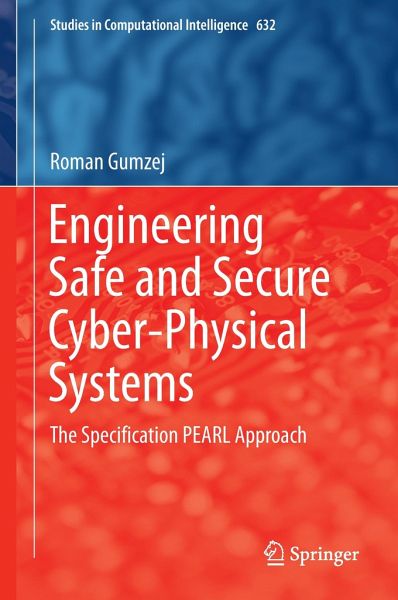
Engineering Safe and Secure Cyber-Physical Systems
The Specification PEARL Approach
Versandkostenfrei!
Versandfertig in 6-10 Tagen
76,99 €
inkl. MwSt.
Weitere Ausgaben:

PAYBACK Punkte
38 °P sammeln!
This book introduces the concept of holistic design and development of cyber physical systems to achieve their safe and secure operation. It shows that by following the standards for embedded system's safety and using appropriate hardware and software components inherently safe system's architectures can be devised and certified. While the standards already enable testing and certification of inherently safe and sound hardware, this is still not the case with software. The book demonstrates that Specification PEARL(SPEARL) addresses this issue and proposes appropriate solutions from the viewpo...
This book introduces the concept of holistic design and development of cyber physical systems to achieve their safe and secure operation. It shows that by following the standards for embedded system's safety and using appropriate hardware and software components inherently safe system's architectures can be devised and certified. While the standards already enable testing and certification of inherently safe and sound hardware, this is still not the case with software. The book demonstrates that Specification PEARL(SPEARL) addresses this issue and proposes appropriate solutions from the viewpoints of software engineering as well as concrete program components. By doing so it reduces the complexity of cyber physical systems design in an innovative way.
Three ultimate goals are being followed in the course of defining this new PEARL standard, namely:
1. simplicity over complexity,
2. inherent real-time ability, and
3. conformity to safety integrity and security capability levels.
Three ultimate goals are being followed in the course of defining this new PEARL standard, namely:
1. simplicity over complexity,
2. inherent real-time ability, and
3. conformity to safety integrity and security capability levels.





